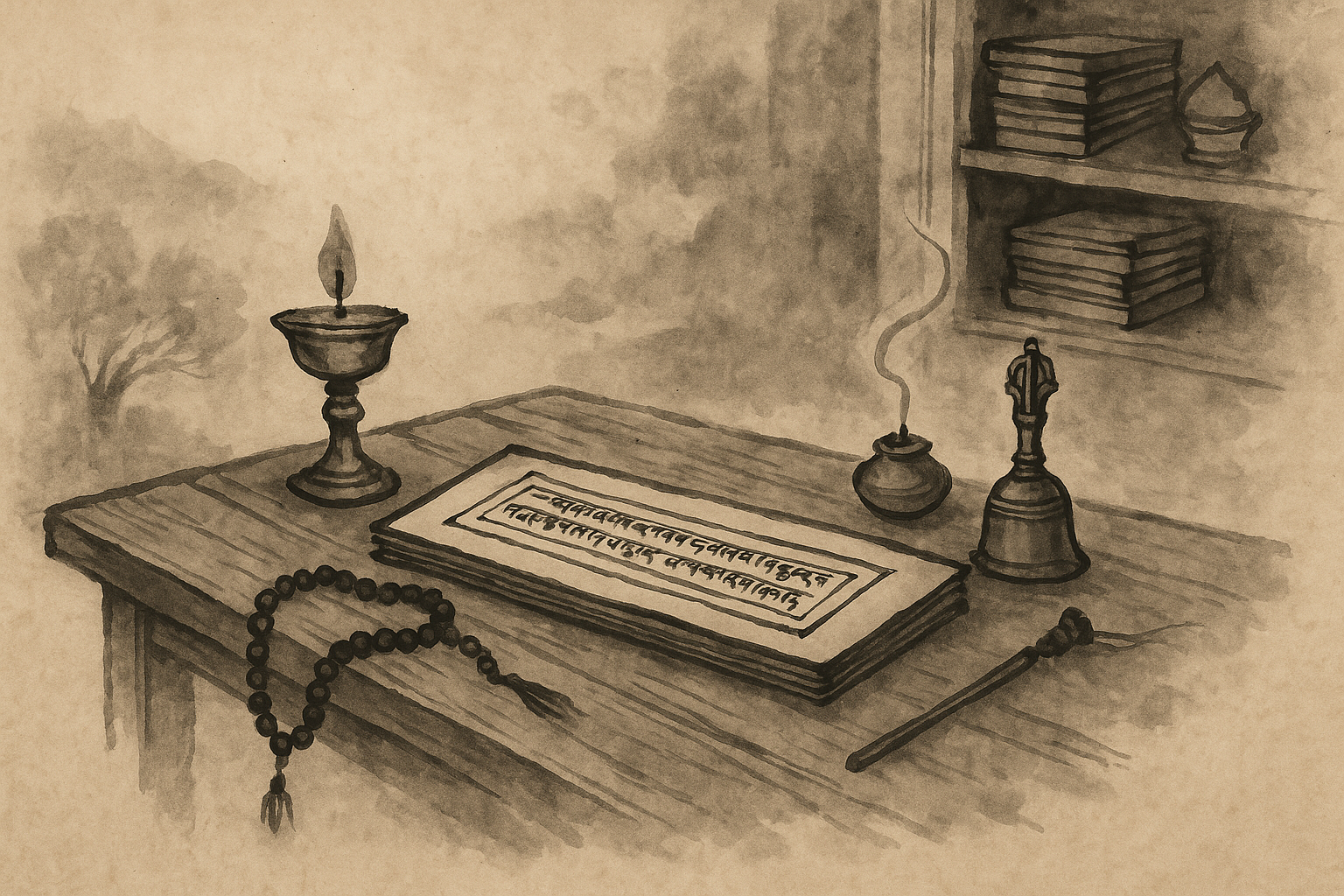Resources
Public Resources
The following resources are available to everyone interested in learning more about emptiness and Tsongkhapa's approach.
Recommended Books
Introduction to Emptiness
Our primary text for the program. This accessible book presents Tsongkhapa's approach to emptiness in clear, contemporary language.
View on AmazonHow to See Yourself As You Really Are
A practical guide to understanding emptiness from the Gelug perspective, with an emphasis on meditation and daily life application.
View on AmazonThe Great Treatise on the Stages of the Path to Enlightenment, Volume 3
Tsongkhapa's third volume of the 15th-century spiritual classic that condenses Buddhist teachings into one easy-to-follow meditation manual. The Third Volume specifically contains many of the "Wisdom Chapters"
View on AmazonArticles & Essays
Two Truths and Method
An academic exploration of Tsongkhapa's unique presentation of the two truths as they relate to practice and method.
Download PDFTsongkhapa’s Madhyamaka
An explanation of how emptiness and dependent arising are compatible and mutually supportive.
Download PDFAnalytical Meditation in the Gelug Tradition
A practical guide to the Gelug approach to analytical meditation on emptiness.
Read OnlineAudio & Video
Introduction to Emptiness
A public teaching on emptiness from his Holiness the Dalai Lama.
Watch on YouTubeIf Everything is Empty, What's the Point?
An exploration of emptiness, dependent arising and the role of merit & dedication in a practical and accessible way from the lens of emptiness.
Watch on YouTubeShould we Abandon Reason and Logic on the Buddhist Path?
Khandro-la answers what purpose reason and logic can serve on the spiritual path and whether they should be abandoned.
Watch on YouTubeEmptiness Glossary
Key terms related to emptiness in the Gelug tradition
Madhyamaka (དབུ་མ་)
The "Middle Way" school of Buddhist philosophy, emphasizing emptiness and dependent arising.
Śūnyatā (སྟོང་པ་ཉིད་)
Emptiness; the absence of inherent existence in all phenomena.
Pratītyasamutpāda (རྟེན་འབྲེལ་)
Dependent origination or dependent arising; how things come into being in dependence upon causes and conditions.
Emptiness (Śūnyatā)
The lack of inherent existence or intrinsic nature in all phenomena. Not nothingness, but rather the way things actually exist—dependently and conventionally rather than inherently.
Two Truths
The conventional truth (the way things appear) and the ultimate truth (emptiness, the way things actually exist). In Tsongkhapa's view, these are not contradictory but complementary aspects of reality.
Inherent Existence
The object of negation in Madhyamaka analysis. The false sense that things exist from their own side, independently of causes and conditions, parts, and mental imputation.
Analytical Meditation
A form of meditation that uses reasoning and analysis to penetrate the nature of reality, as opposed to stabilizing meditation which focuses on developing concentration.
Madhyamaka
The "Middle Way" school of Buddhist philosophy founded by Nagarjuna, which avoids the extremes of eternalism and nihilism by teaching emptiness and dependent arising.
Prasaṅgika
The "Consequentialist" sub-school of Madhyamaka that uses reductio ad absurdum arguments to demonstrate emptiness. Tsongkhapa follows this approach.
Object of Negation
What is being refuted in Madhyamaka analysis—inherent existence or intrinsic nature, not the conventional existence of phenomena.
Ready to Dive Deeper?
Join our 10-month program to explore emptiness through Tsongkhapa's profound view.
Register Now
